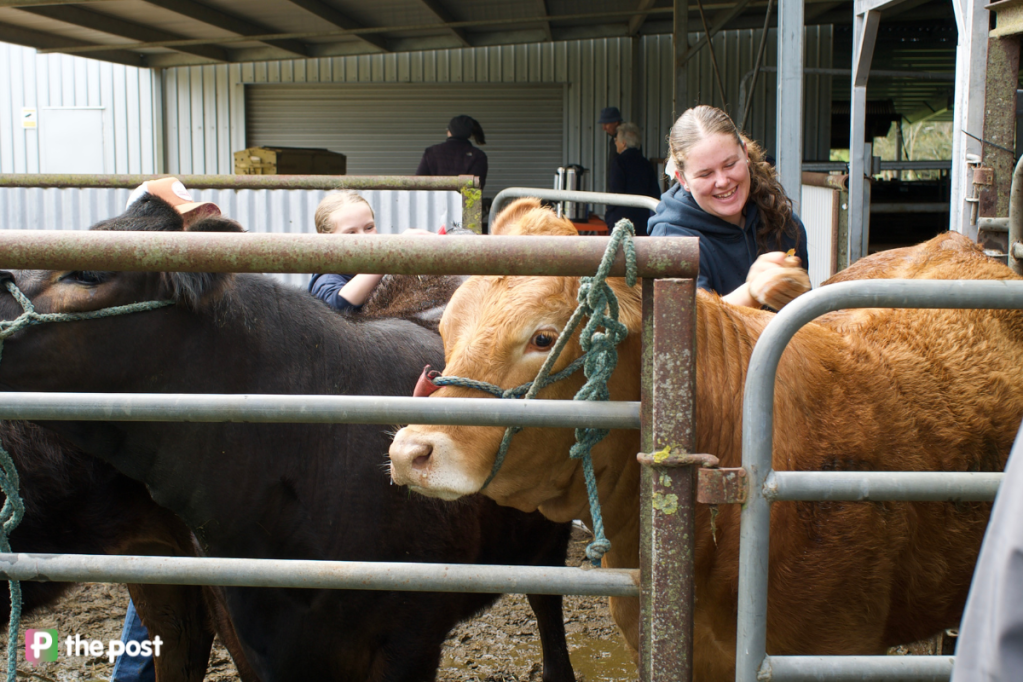South Australia is experiencing an energy revolution that is capturing global attention, Mineral Resources Minister Tom Koutsantonis claimed today.
In his opening address to the 2013 Australian Pipeline Industry Association (APIA) annual conference in Adelaide, Koutsantonis spruiked a “golden age in the Cooper Basin”.
While its been almost 18 months since the Minister’s “elephant and the herd” speech at a major mining conference, it seems he has found a replacement for the promised land that was the Olympic Dam expansion.
In May 2012 Koutsantonis said that “South Australia is poised to take its place among the Titans of mining – not just in Australia but in the world.
“I often say that while with Olympic Dam we have tracked down an elephant, we are still in the hunt for the rest of the herd.”
The Titan became the Titanic when BHP axed its $30 billion Olympic Dam expansion project in August 2012, taking with it the much-touted economic transformation of the State.
A range of other much-touted mining projects were wound back and rescheduled.
You might like
Not to be held back by such disappointments, the exuberant Resources Minister told today’s gathering the Cooper Basin is at “the centre of an energy revolution”.
“The current resurgence of investment in oil and gas exploration and production in this State marks a return to the “golden age in the Cooper Basin”,” Koutsantonis said.
“The combined minerals and petroleum exploration figures for the 2012 calendar year saw South Australia secure a record $602.6 million worth of investment.
“Even with this remarkable growth there is still more we can do and we will do!
“Exploration activity for oil and gas represents an enormous boon.
“We already have the infrastructure, the pathways to markets both here and interstate and the world’s best regulatory environment – regulation that continues to give companies here the certainty they are being denied in other jurisdictions.
“That is why this energy revolution is happening here.”
With Olympic Dam’s expansion now a forgotten mirage in the desert, the Cooper Basin, Koutsantonis said, is the new ground for “excitement”.
Stay informed, daily
“Billions of dollars are to be invested,” he said.
“After half a century of producing oil and gas, the Cooper Basin is going through a renaissance.
“Quite frankly, I find that exciting.”
Government policy was on the top of the agenda for industry delegates at the APIA gathering.
Gas and electricity asset manager Jemena Limited’s Shaun Reardo said the right policy settings are vital if Australia is to realise the opportunity of unlocking the golden age of domestic gas supply.
“For the right policy settings to unlock the golden age for domestic gas supply, governments will need to do three things – bring forward gas supply, start to level the playing field for gas-fired electricity generation and, if gas prices spike to unsustainable levels in the short term, undertake temporary action to prevent large gas-reliant businesses from moving offshore or ceasing operations,” Mr Reardon said.
“Bringing forward gas supply will need a policy that allows the benefits of this country’s valuable gas resources to be maximised.
“The gas industry has an important role to play here by engaging with local communities to understand and respond to their concerns,” he said.
Mr Reardon, who is a member of the APIA Board, said that in the event of a short-term spike in the price of gas, governments may need to take temporary action to protect against very high gas prices causing job losses from some trade-exposed businesses closing down or relocating to other countries.
“These are businesses that would otherwise be sustainable in the long term.”









